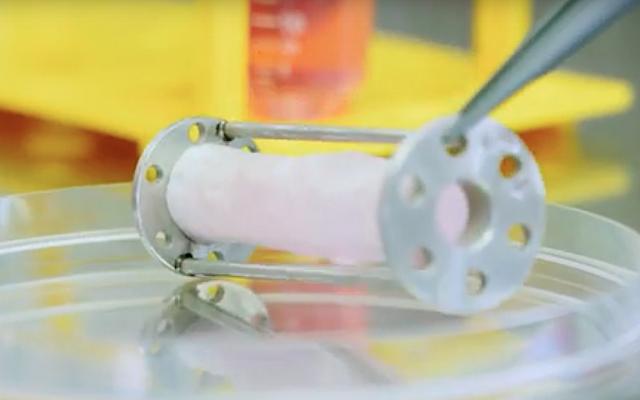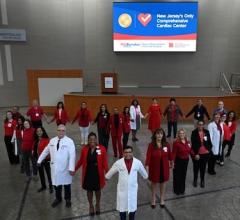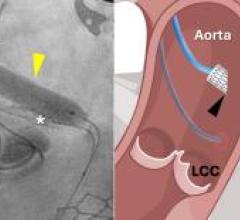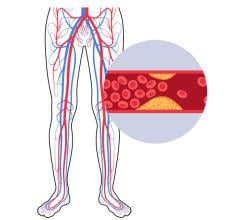
The Wyss Translational Center in Zurich, Switzerland has developed the LifeMatrix platform to engineer tissues that can be implanted in patients and will grow with them. This technology is being developed for heart valves in younger patients to eliminate the need for repeat surgeries to implant larger prosthetic heart valves as the patient grows.
While transcatheter heart valve replacement and repair devices are growing in popularity due to their delivery and quicker recovery times, they still face a number of limitations. In particular, all current commercially available transcatheter heart valve devices are composed of inert material that does not grow with the patient, which is especially problematic for younger patients who then often require repeated replacement interventions or surgeries throughout their lives, said GlobalData, a healthcare data and analytics company.
To address the issues with current cardiovascular implant technology, a new start-up company operating as part of the Wyss Translational Center in Zurich, Switzerland has developed the LifeMatrix platform, a scalable tissue engineering technology that creates novel biomimetic cardiovascular implants with capacity for self-renewal, remodeling and growth.
The tissue engineering-based LifeMatrix platform shows huge potential to be a disruptive technology in the cardiovascular implant market. GlobalData estimates that the transcatheter aortic valve replacement (TAVR) market alone represents a global market value of $3.41 billion in 2019, and projects a double-digit compound annual growth rate (CAGR) of this market value across the globe.
“If LifeMatrix is able to demonstrate clinical advantages of its platform through rigorous human clinical trial testing, the advantages of this technology will establish it as a competitive player in the TAVR and other cardiovascular markets in the future," said Ashley Young, medical devices analyst at GlobalData. “In essence, the LifeMatrix platform involves growing donor human cells from so-called ‘master cell banks’ onto biodegradabe polymer scaffolds outside of the body with specific stimulants so that they produce extracellular matrix (ECM). The human donor cells are then removed, leaving behind an off-the-shelf and cell-free implant, which can be implanted into every patient without eliciting an immune response."
Young said LifeMatrix biomimentic implants are dynamic, having the capacity to grow and transform into living tissue after implantation and repopulation with the recipient’s cells. In addition, the LifeMatrix process is scalable, since the same donor cells can be used to create thousands of individual biomimetic implants.
So far, LifeMatrix devices have undergone several stages of preclinical testing and successfully shown feasibility, safety and efficacy for a number of different indications.
“The first indication targeted for clinical trials in humans using these biomimetic devices was as a cavopulmonary shunt in pediatric patients with single ventricle anatomy," Young explained. "Animal testing using LifeMatrix devices as heart valve replacements has also proven to be successful. First proof-of-concept studies have furthermore confirmed the feasibility of LifeMatrix technology for TAVR. Going forward, the company plans on considering additional cardiovascular indications.”
For more information:www.globaldata.com/media


 February 06, 2026
February 06, 2026 









